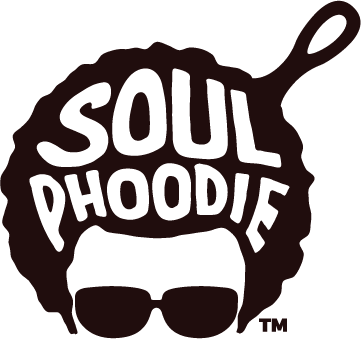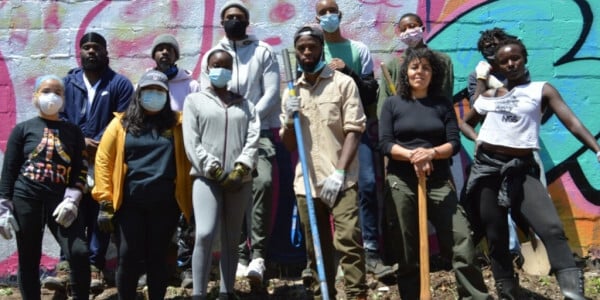When asked what inspired two Newark educators to start an urban garden in their cities North Ward a quote from their Prophet Muhammad ( PBUH ) is most befitting: “If a Muslim plants a tree or sows seeds, and then a bird, or a person or an animal eats from it, it is regarded as a charitable gift (sadaqah) for him.”
Bilal and Breonna Walker’s Islamic inspiration coupled with their on-going efforts to challenge local and state policies concerning urban education, youth prisons, period poverty, asthma, and now food disparities and urban gardening is how Jannah on Grafton came about.
Jannah is an Arabic word that means paradise or garden and over the past month the couple and members of the Newark community have been working tirelessly to transform a once syringe riddled lot into a food sanctuary for Grafton Avenue residents.

Acquired through Newark’s Adopt a Lot program the couple is hopeful that the garden will afford twenty low to moderate-income families additional access to sustainable and healthy food. In addition, they plan to partner with local grassroots organizations and civic leaders to provide their community with educational programming focused on the African American experience and agriculture, holistic health, farm to table cooking, and urban gardening advocacy. Like most urban gardeners in Newark Breonna and Bilal work collaboratively with other gardeners with their ultimate goal being to close the gap of food insecurity in Black and Brown communities.

To accomplish this goal the couple is implementing best practices developed by Newark Science and Sustainability. Chief executive officer, Tobias Fox, is teaching them not only how to grow food , but to effectively analyze and report food distribution.
Historically communities like Newark haven’t always had access to locally grown produce, but Newark’s current, Mayor Ras J Baraka, is combating this disparity by offering residents that ability to activate vacant lots, for one dollar per year, and transform them into spaces that strengthen green infrastructure. According to the USDA “ Rates of food insecurity were substantially higher than the national average for single-parent households, and for Black and Hispanic households. Food insecurity was more common in large cities and rural areas than in suburban areas. “
To support the efforts of Jannah on Grafton please donate to their GoFundMe. For inquiries please


